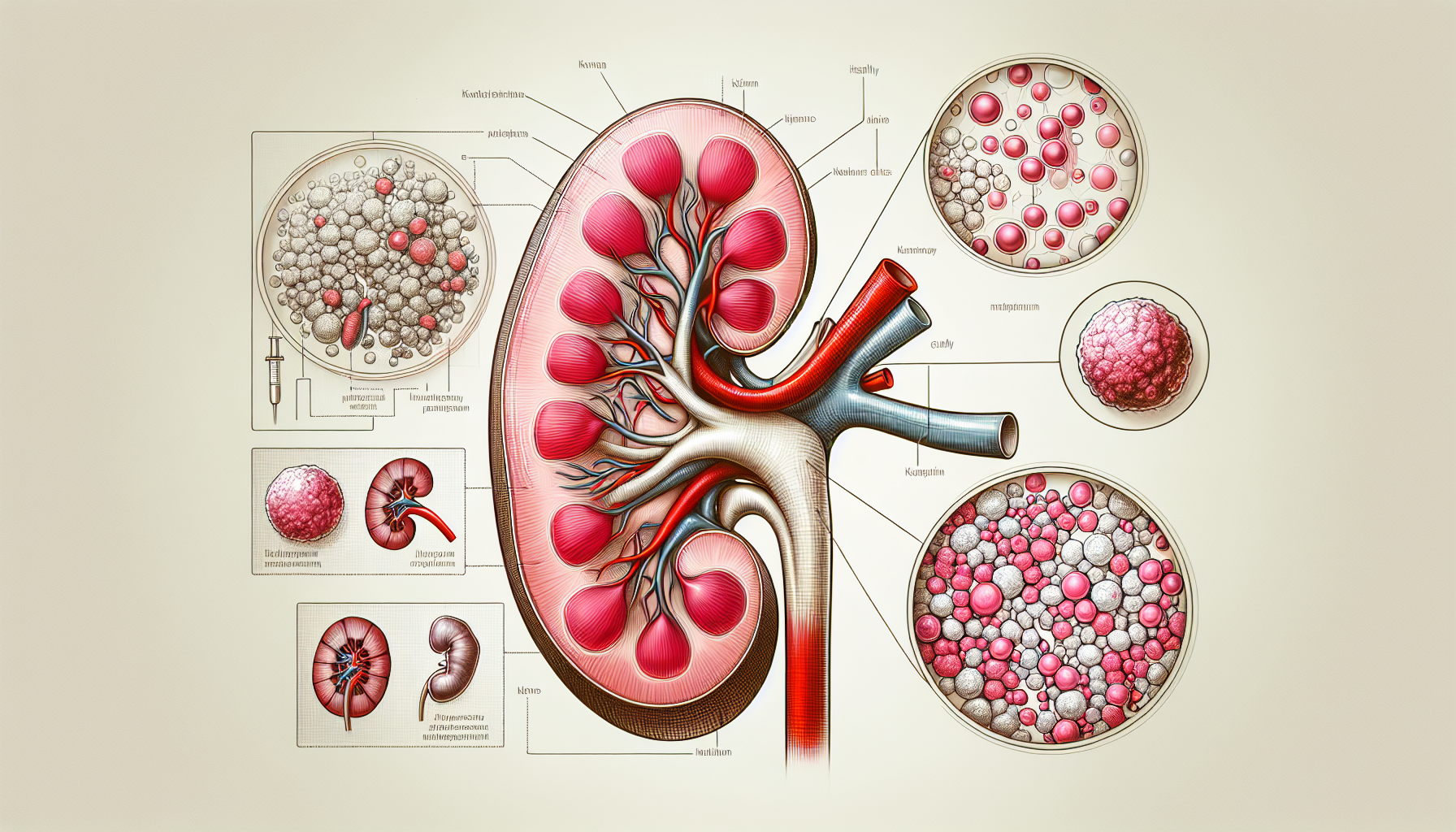Scientific Breakthroughs: Innovations to Combat Pancreatic Cancer
Key Takeaways
- Early detection of pancreatic cancer is becoming more achievable through key biomarker identification.
- Innovative therapies by biotech companies are showing promising results for pancreatic cancer treatment.
- The pancreatic cancer treatment market is anticipated to grow significantly in the coming years.
Did You Know?
Introduction to Pancreatic Cancer
Pancreatic cancer remains one of the most deadly forms of cancer, often diagnosed at an advanced stage. With an 80% diagnosis rate at advanced stages, it becomes exceedingly challenging to treat effectively. However, recent advancements in biotechnology are offering renewed hope for early detection and improved survival rates.
Early Detection Through Biomarkers
Scientists have identified key protein biomarkers that could revolutionize the early detection of pancreatic cancer. Early detection significantly increases the chances of successful treatment, and these biomarkers are a promising step in that direction.
Market Growth and Investment
The pancreatic cancer treatment market is projected to grow at a substantial rate, with analysts predicting a compound annual growth rate (CAGR) of 13.7%, reaching $7.4 billion by 2032. This growth is driven by new research and the development of innovative therapies.
Oncolytics Biotech's Innovative Trials
Oncolytics Biotech Inc. has been conducting groundbreaking research through the GOBLET study, focusing on the combination of their novel immunotherapy, pelareorep, with existing chemotherapy regimens. Pelareorep, combined with FOLFIRINOX and atezolizumab, has shown promising results in treating metastatic pancreatic ductal adenocarcinoma.
Grant Support for Research
Oncolytics Biotech's research has garnered significant support, including a $5 million Therapeutic Accelerator Award grant from the Pancreatic Cancer Action Network (PanCAN).
Trial Design and Objectives
The GOBLET study employs a Simon two-stage design to assess the effectiveness and safety of new treatments. Initial results are promising, and if successful, the study will expand to include more patients.
Verastem's Promising Therapy
Verastem, Inc. is exploring the combination of avutometinib and defactinib with standard chemotherapy for first-line treatment of metastatic pancreatic cancer. Preliminary results show a high response rate, signaling potential for new treatment protocols.
CytomX’s PROBODY T-cell Engager
CytomX Therapeutics has introduced CX-904, a PROBODY T-cell engager, demonstrating promising anti-cancer activity with a favorable safety profile in early trials.
BioNTech's mRNA Vaccine
BioNTech SE continues to advance its cancer vaccine, autogene cevumeran. Preliminary results indicate persistent T-cell responses in patients, potentially leading to longer recurrence-free survival rates.
FibroGen’s Upcoming Data
FibroGen Inc. is set to release critical data on its antibody pamrevlumab, expected to further advance treatment options for pancreatic cancer patients.
References
- Johns Hopkins Medicinehttps://www.hopkinsmedicine.org/health/conditions-and-diseases/pancreatic-cancer/diagnosis
- Towards Healthcarehttps://www.towardshealthcare.com/pancreatic-cancer-market-forecast
- American Society of Clinical Oncology (ASCO)https://www.asco.org/research-guidelines/asco-annual-meetings
- Pancreatic Cancer Action Network (PanCAN)https://www.pancan.org
- BioNTech SEhttps://biontech.de






